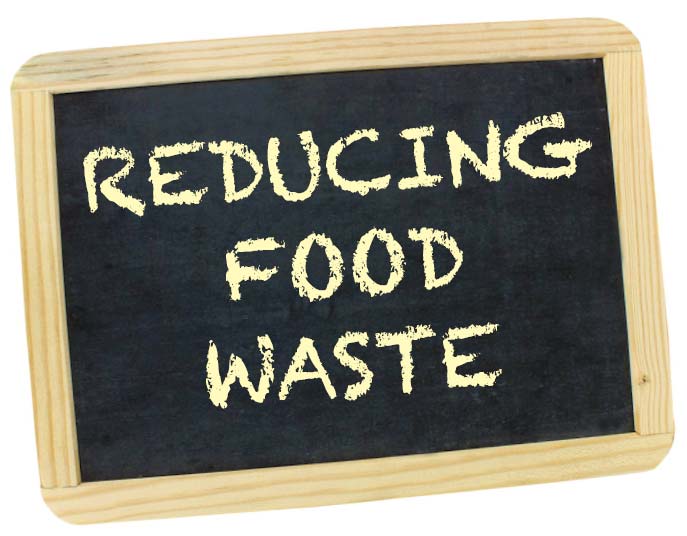Reducing Food Waste in NJ Schools
Students this fall will be encouraged to reduce food waste.
The NJ Department of Environmental Protection has developed a set of voluntary guidelines to encourage schools to reduce, recover and recycle food waste, as required by state legislation passed in 2017.
The U.S. Department of Agriculture estimates that 30 percent to 40 percent of our country’s food supply ends up as food waste; Americans throw out the equivalent of approximately $165 billion in food annually. With the USDA estimating that one in six Americans lacks a secure supply of food on their table, this food loss is especially concerning.
Recent studies have found that between 20 percent and 25 percent of disposed trash is food waste. When food waste is buried in landfills, it decomposes and generates methane gas, a greenhouse gas that contributes to climate change. These sites are the third largest source of methane in the US.
The new state guidelines for schools, developed by the NJDEP in conjunction with the departments of Agriculture, Education, Health and the Office of the Secretary of Higher Education, include an overview of the food waste issue and its significance, procedures for conducting a food waste audit and the benefits of reducing, recovering and recycling food waste.
The guidelines also include recommended practices, such as:
- Eliminating trays in cafeterias and dining halls so that students will no longer be able to overload trays with food they do not want.
- Enacting longer lunch periods so students have more time to finish their meals.
- Scheduling lunch periods after recess so students will not abandon their lunches before they are finished eating to go out and play.
- Establishing “offer vs. serve” policies, which still require students to take an entree and milk, but allows them to pass on one or two additional items that are routinely given to them regardless of whether the student likes or wants the additional items.
- Allowing students to keep uneaten food.
The new state food waste guidelines are available at recycle.nj.gov. New Jersey has nearly 4,000 public and private K-12 schools, and more than 60 colleges and universities. —NJDEP




